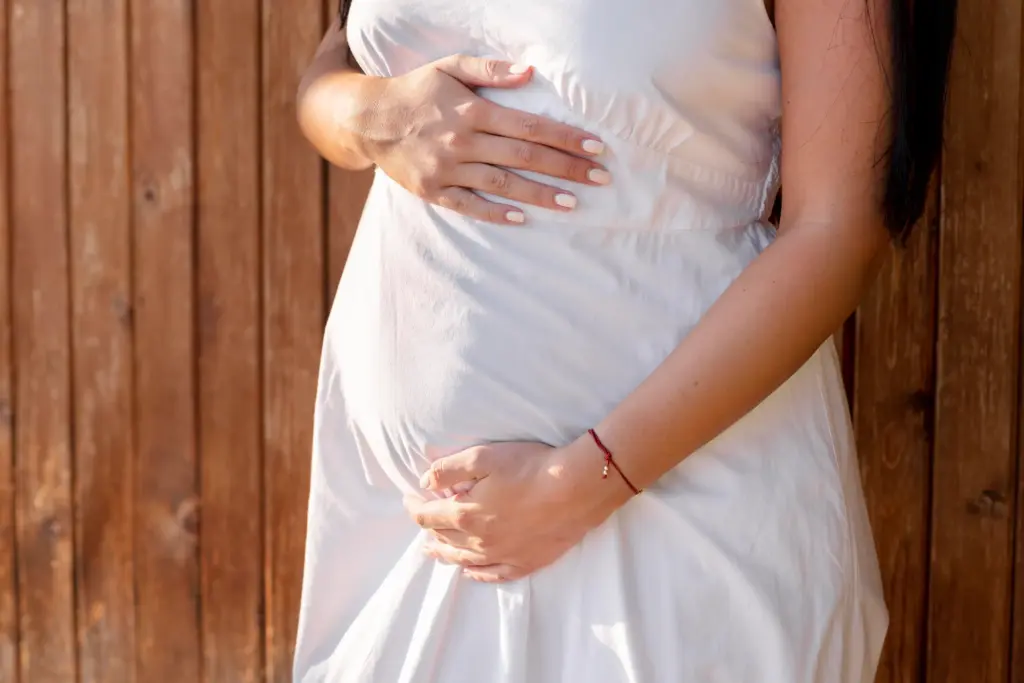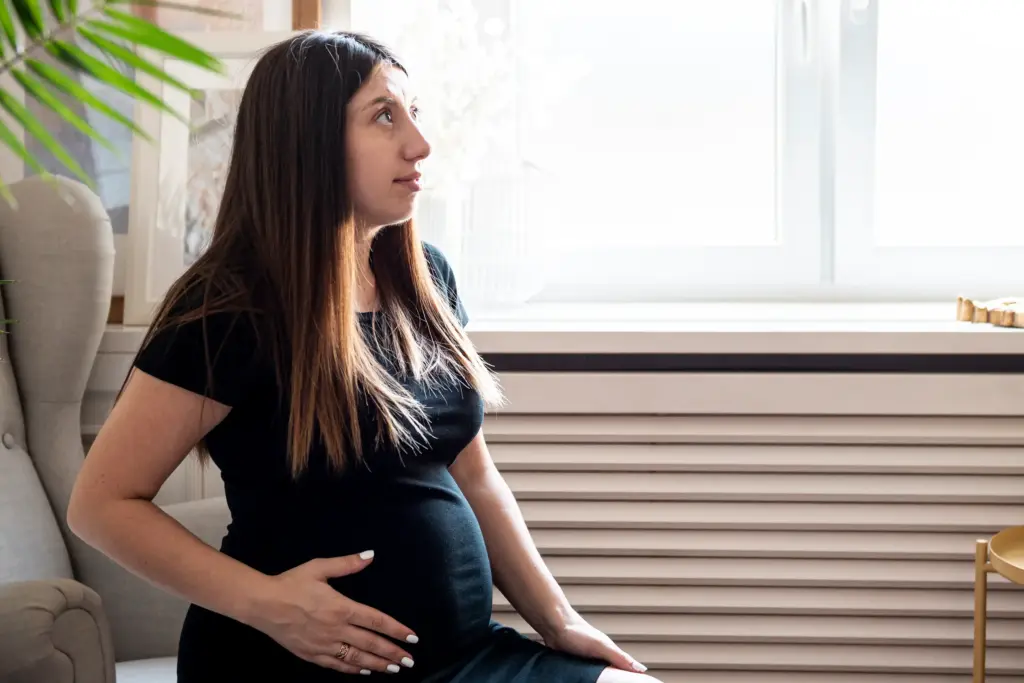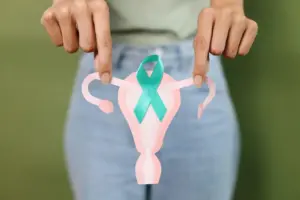
Pregnancy After 35: Are you considering starting a family after the age of 35? You’re not alone. Many women are choosing to start or grow their families later because of career goals, personal timing, or finding the right partner. You might hear terms like “advanced maternal age” or “geriatric pregnancy”. They sound scary, but they simply mean you may need a bit of extra monitoring. With modern care and the right support, plenty of women have healthy, joyful pregnancies in their late 30s and 40s.
Is it safe to get pregnant after 35?
Pregnancy after 35 is generally safe, though certain complications become slightly more likely. This usually means closer prenatal monitoring.
Also Read | What Is IVF? A Doctor’s Guide to the Most Common Fertility Treatment
What are the risks?
As we age, both the number and quality of eggs decline, so getting pregnant can take longer, especially after 37, but it’s still very possible. If you’re 35+ and haven’t conceived after six months of trying, your doctor may suggest a basic fertility work-up or options like IVF.
During pregnancy, the chances of issues like gestational diabetes, high blood pressure, preterm birth, or low birth weight rise slightly. That doesn’t mean you’ll have problems; it just means closer monitoring to catch things early.
The likelihood of chromosome conditions such as Down syndrome also increases with age, so your doctor may offer genetic screening (like non-invasive prenatal testing) to check your baby’s development and give you peace of mind.

Tips to reduce the risk:
- Pre-conception visit: Review health history, medications, vaccines, and thyroid, sugar, and BP status.
- Everyday habits: Eat balanced meals with protein, whole grains, and veg; regular movement (as advised); sleep 7–8 hours; no tobacco; limit alcohol.
- Weight & BP: Aim for a healthy BMI and steady blood pressure before and during pregnancy.
- Stress & support: Build your care team, talk openly to your partner, family, and a doctor you trust.
Let’s be real: pregnancy after 35 is different, not bad. Many people actually feel more emotionally and mentally ready now, more stable, more self-aware, and often more secure at work and at home.
Also Read | Trying to conceive? Know whether IVF or IUI is better for you
Every pregnancy is unique; some individuals in their 25s face challenges, while others in their 40s may have an easier experience. With the right team and care, your pregnancy journey can be as joyful and meaningful at 35 or older as it is at any age. If you’re dreaming of a baby in your late 30s or early 40s, don’t let fear hold you back.








